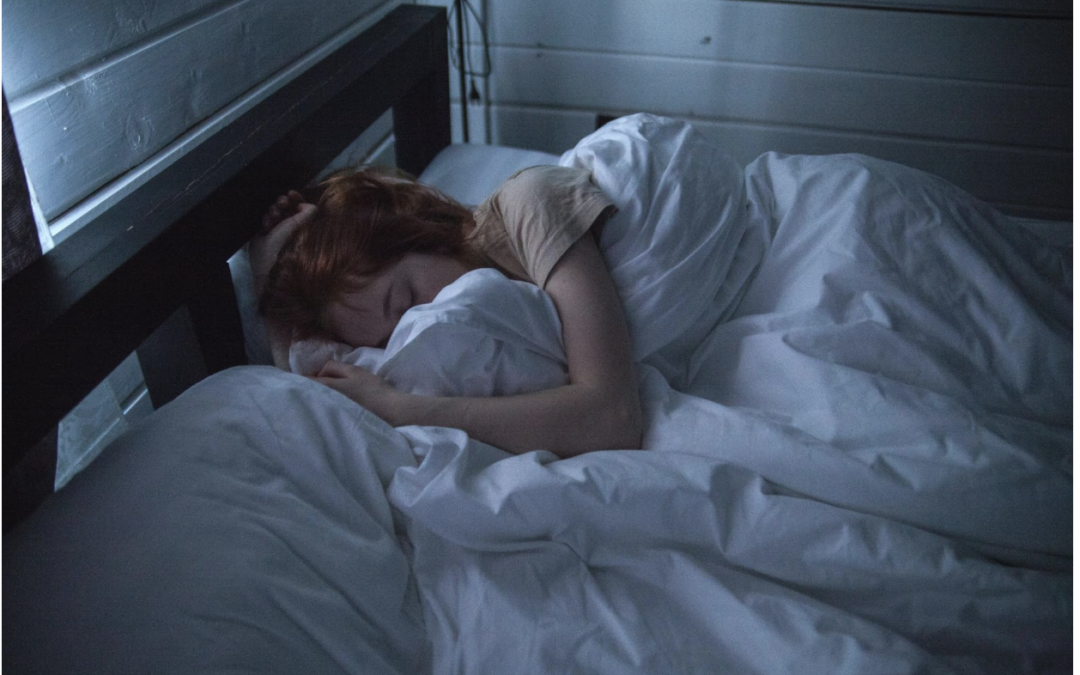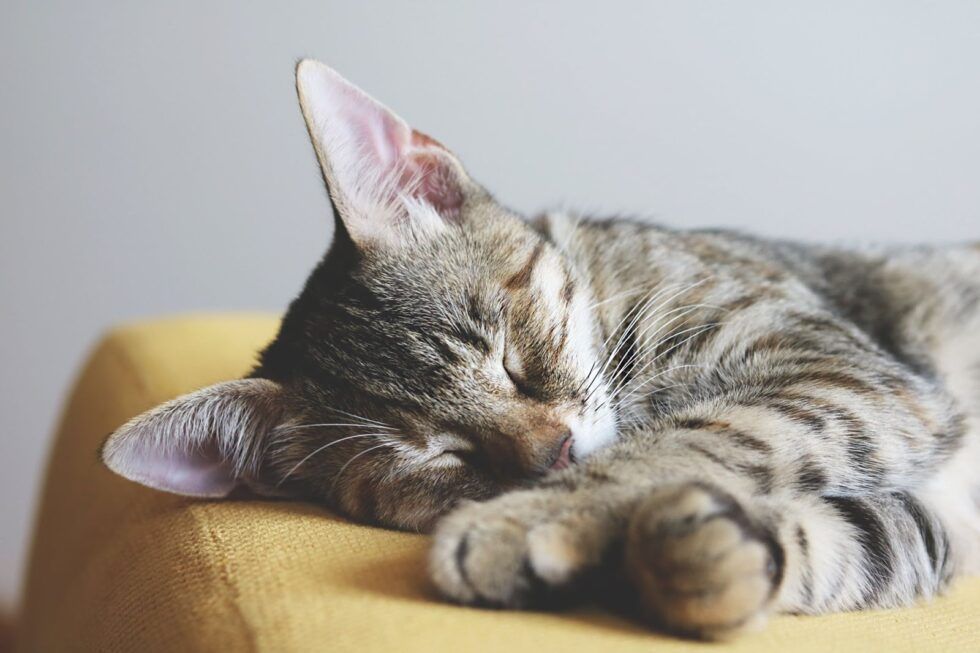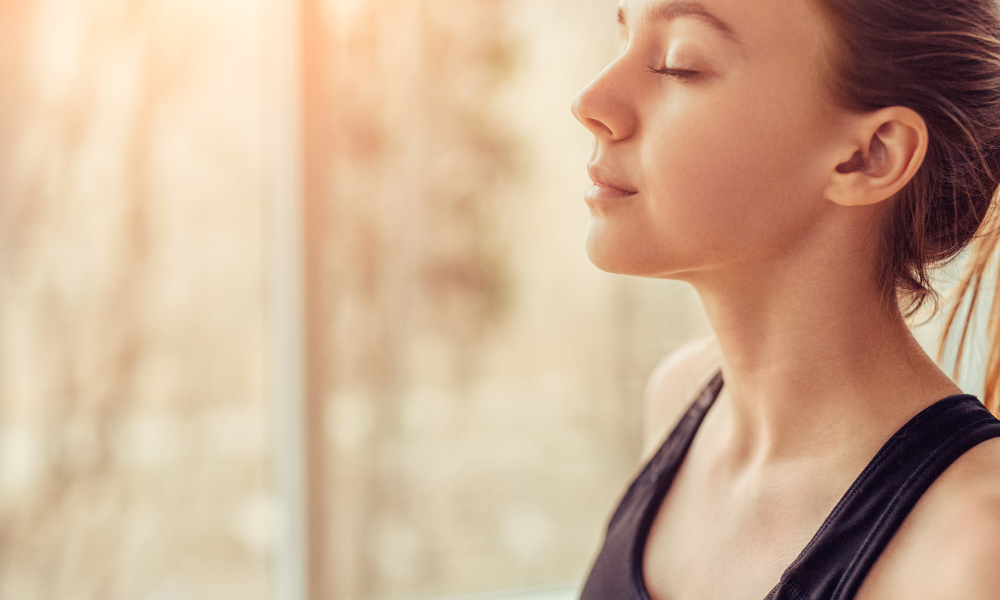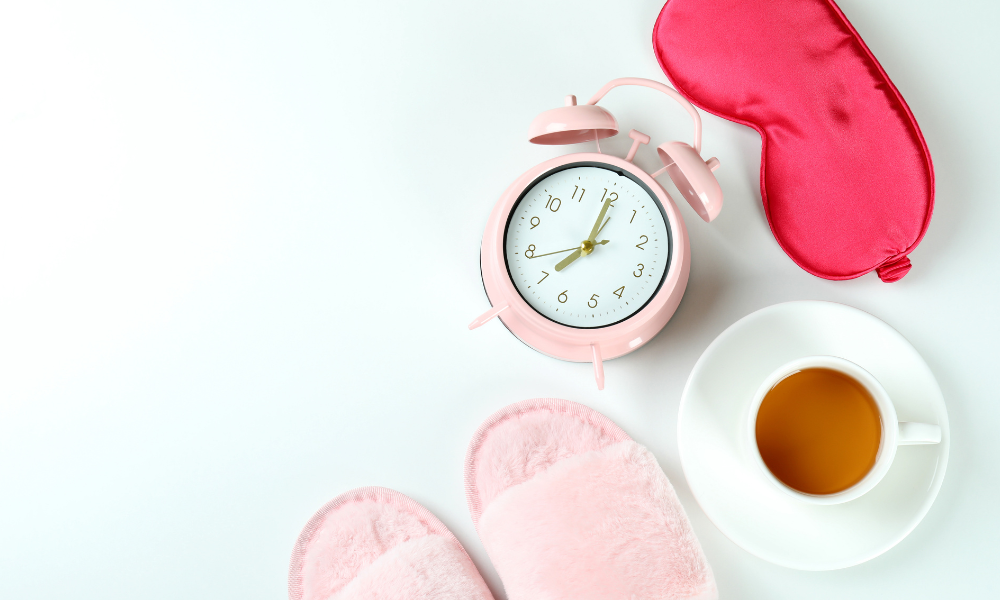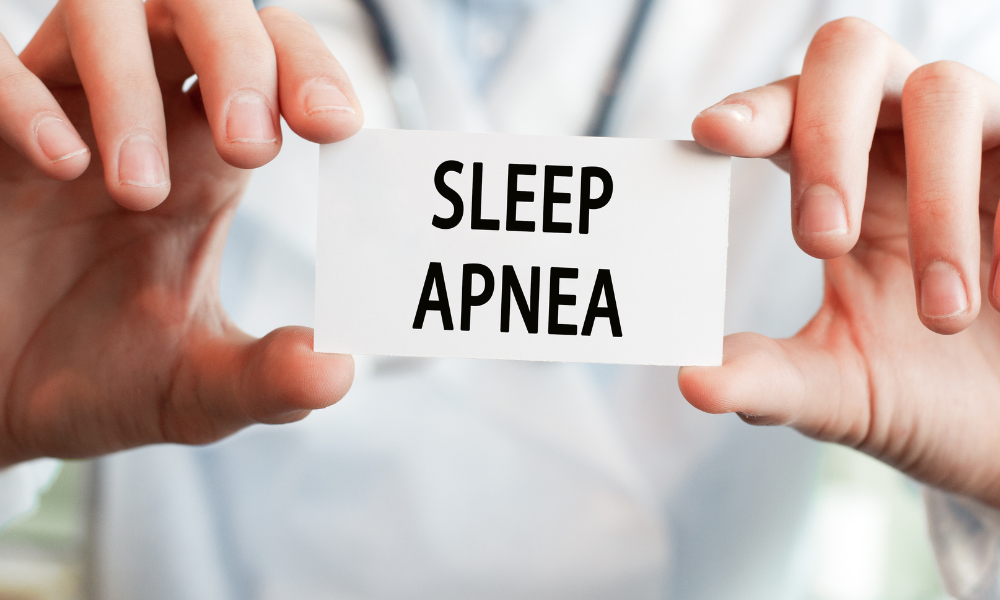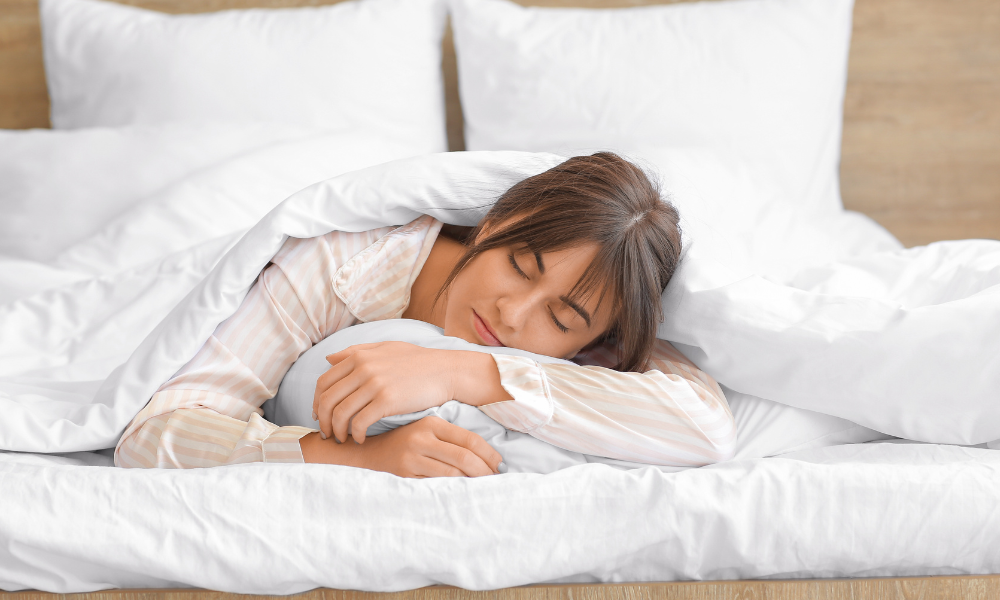
PHONE: 617-328-4050
EMAIL: info@greatsleepdental.com
A better understanding of Insomnia!

What is Insomnia?
According to WebMD insomnia is characterized as a sleep disorder that makes it difficult for a person to fall or stay asleep. It can be a primary condition with existing medical and psychiatric disorders.
Causes and Triggers
- Sudden and big life changes i.e., loss of a job, a loved one dying, moving, or divorce.
- Changes in physical stimuli like light, temperature and unwanted noises.
- Changes in sleep wake cycle, jet lag, adjusting to new shift timings at work, moving to a new place with different time zones.
- Some other causes may include caffeine usage, depression, anxiety, Sleep Apnea, pregnancy, ADHD, PMS and menopause.
Types of Insomnia
- Primary insomnia
Sleep disruptions not related to any underlying serious health problems. - Secondary insomnia
Sleep problems are linked to health issues like asthma, arthritis, cancer or heart burn, substance abuse (alcohol, prohibited drugs), medications and pain.
Insomnia Symptoms
- Fatigue
- Grumpiness
- Problems with memory and reasoning
- Laziness and sleepiness during the day
- No or less productivity
Insomnia Diagnosis and treatment at home
It is advised to keep a general of your sleep schedule, note down your sleep patterns, your mood swings, activity during the day, and your productivity.
- How many hours of sleep you’re getting when you’re fully productive the next day as opposed to days you’re tired and restless.
- Different conditions and environment surrounding your sleep.
- How much exercise you do affects your sleep the same day.
This will provide you an insight about the best environmental conditions, number of hours, timing of sleep and exercise that work best for you. It will also help your doctor design the medication and therapy for you according to your need.
Talk therapy for insomnia treatment?
Psychotherapy is where you talk to your doctor about your condition to understand the eating patterns, behaviors, emotions and conditions contributing to the present ailment.
- It helps understanding the core reason that contributes to the condition i.e., unable to get a proper night sleep.
- It will help you regain a sense of control and help you pin-point the causes and changes you need to make to better your life in general.
Discover many effective at-home interventions designed to alleviate insomnia in upcoming posts. Stay tuned for valuable insights and practical tips to enhance your sleep quality!
References:
https://www.sciencedirect.com/science/article/abs/pii/B9780444520074000047
https://www.webmd.com/mental-health/mental-health-psychotherapy



